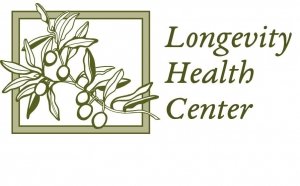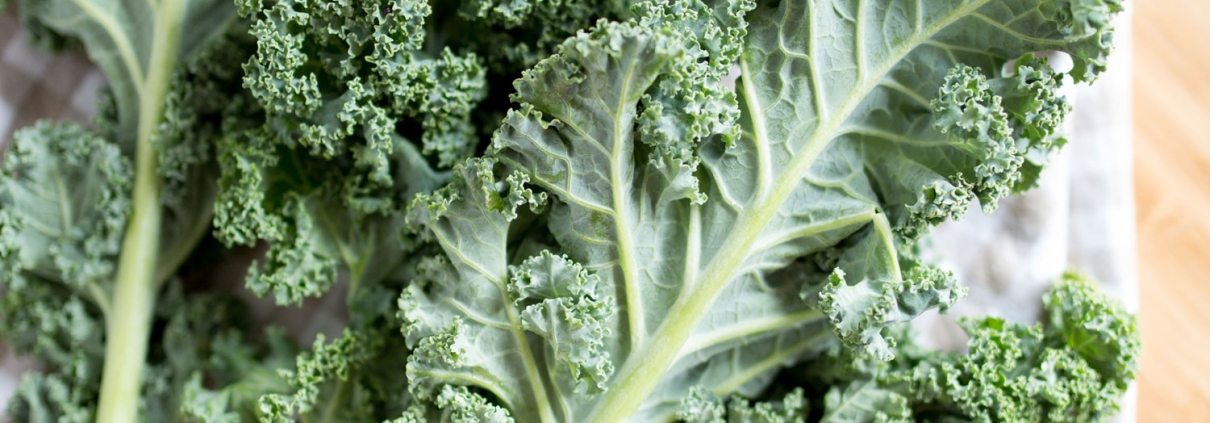What’s pH got to do with it?
Remember learning about the pH scale in science class? That was likely the last time many of us gave any thought to acidity vs. alkalinity. It might be time to brush up on your chemistry knowledge, because it turns out that many of the most prominent diseases in our society often come down to one thing, pH imbalance.
Almost every patient that walks through the door of our clinic is too acidic. This dangerous condition is called acidosis, and it weakens all the body’s systems. You can think of it like this – bad things grow in acidic environments, things like free radicals, cancer cells and other antigens. However, a body with a balanced pH allows for the normal function necessary for disease resistance.
In the words of Dr. T.A. Baroody, Jr, in his book Alkalize or Die, “Acidosis is the basic foundation of all disease. We need to understand the simple process of alkalizing our body and the important role a properly alkalized body plays in restoring and maintaining our overall health. Our glands and organs function properly in exact proportion to the amount of alkaline and acid levels in our system.”
Need a little pH refresher? pH (power of hydrogen) is a measure of the acidity or alkalinity of a given solution. It’s measured on a scale of 0 to 14, with 7 being neutral. The lower the pH (below 7), the more acidic the solution, and the higher the pH (higher than 7), the more alkaline the solution.
The body is composed of positively charged ions (acid-forming) and negatively charged ions (alkaline-forming), and it continuously strives to balance pH.
Just to clarify, when we say we shouldn’t be too acidic, we’re not talking about the stomach environment. In fact, our stomach should be so acidic (ideally a pH of 1.5 to 3) that if we poured out its contents on a rug, it would burn a hole right through it! Urine pH should fluctuate between 6.0 and 6.5 in the morning and 6.5 to 7.0 in the evening. Saliva pH should stay between 6.5 and 7.5 all day.
When our systems become too acidic, it forces our bodies to steal major minerals like magnesium and potassium from our bones and vital organs in order to buffer the acid and remove it from the body. Here are some of the problems that result:
- Acceleration of free radical damage, possibly contributing to the growth and spreading of cancer cells
- Low energy/chronic fatigue
- Premature aging
- Weight gain/obesity
- Diabetes
- Cardiovascular stress – constriction of blood vessels, reduced oxygen
- Kidney/bladder issues, such as kidney stones
- Immune deficiencies
- Hormone imbalance
- Bone Loss, brittle bones, bone spurs, Osteoporosis
- Muscle/joint pain
- Digestive dysfunction
- Yeast overgrowth
Unfortunately, acidity leads to more acidity. Pathogens create acidifying toxins in the body. As the body becomes more and more acidic, bad bacteria, yeasts and other toxins multiply in the body. Since these organisms are living, they feed off of and create more acidic toxins, and the cycle continues.
So what can we do to prevent acidosis? The answer is cleaning up our diet and lifestyle. The standard American diet is high in acidic foods like red meat, dairy, refined sugar, artificial sweeteners, caffeine, alcohol and refined carbohydrates. (Need yet another reason to avoid soft drinks? They are extremely acidic!) Most of us aren’t getting enough of the more alkalizing foods, like fresh vegetables, whole grains and high-quality fats.
You can do a quick Google search to see a complete list of the most acid and alkaline foods. Remember, it’s not that all acidic foods are bad. For example, many fruits are more acidic, and that doesn’t mean we shouldn’t eat them, it’s just that we have to stay well hydrated and also eat plenty of alkalizing foods to keep our system in balance.
Greens like kale, spinach and kelp are extremely alkalizing, so eat up! If you’re not good about eating vegetables throughout the day, consider juicing, doing a green drink or throwing some greens into a morning smoothie. One way or another, it’s crucial to get these highly beneficial vegetables into your system!
Sports drinks, coffee, juices and other high-sugar and high-caffeine beverages are highly acidic. Another tip for treating acidosis is to drink about a tablespoon of apple cider vinegar in the mornings. We recommend the Braggs brand because it’s organic and unpasteurized.
If you’re battling cancer, candida overgrowth, chronic fatigue syndrome, or any other ongoing health battle, it’s time to start balancing your pH. Even if you don’t have any health problems, but just want to eat a cleaner diet for wellness and prevention, an alkalizing diet is a fundamental place to start. You’ll look and feel so much better.
Stay alkaline friends!



